Happy End's Mathieu Kassovitz: Michael Haneke is one of my mentors as a director, so when you get a call from him, you just go, ‘oh shit’
Audrey Tautou’s love interest in ‘Amélie’ and the director of ‘La Haine’ now stars in Haneke’s new film about a dysfunctional upper-class family in Calais set against the European refugee crisis
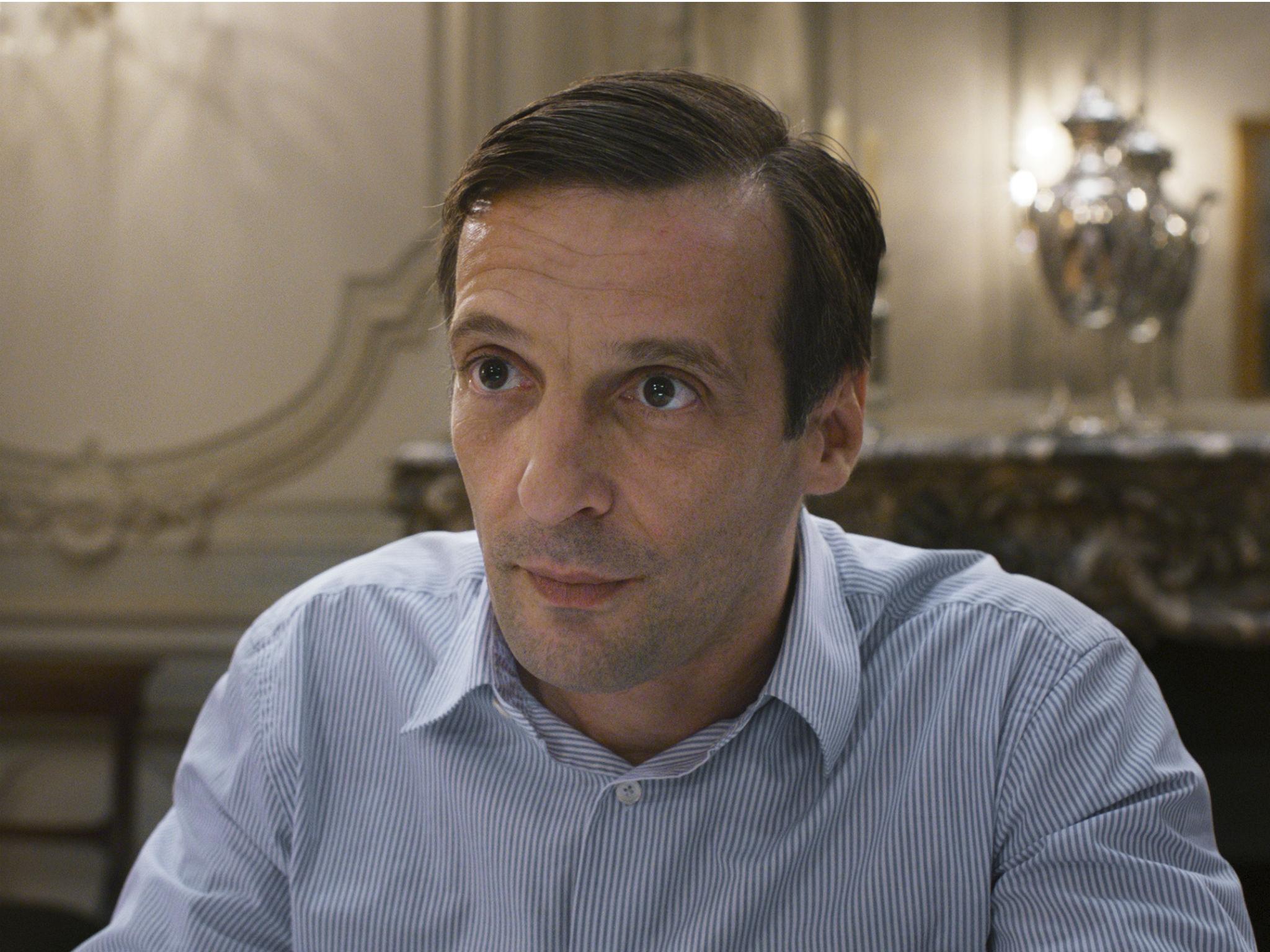
Mathieu Kassovitz directed the classic French drama La Haine, but is better known to international audiences as the actor who played Audrey Tautou’s love interest in the international smash Amélie. Up until 2011 he mixed up his directing work with acting jobs, but that was before he grew disillusioned with directing.
“There is no more magic in movie making,” he complains at a private members bar in London. To explain why he makes a comparison between films and the car industry: “The first few cars that came off the production line in the 1960s and 1970s, the workers were proud of them because they were original. The cars were all a little different. Now if you buy a Mercedes they are all exactly the same. But when you bought a Vauxhall in the 1970s it had soul and still has soul today.”
For Kassovitz the arrival of digital filmmaking and cheaper modes of production have had the same effect on movies. The films may look better on a technical level, but “when something is too perfect it’s not alive,” he states.
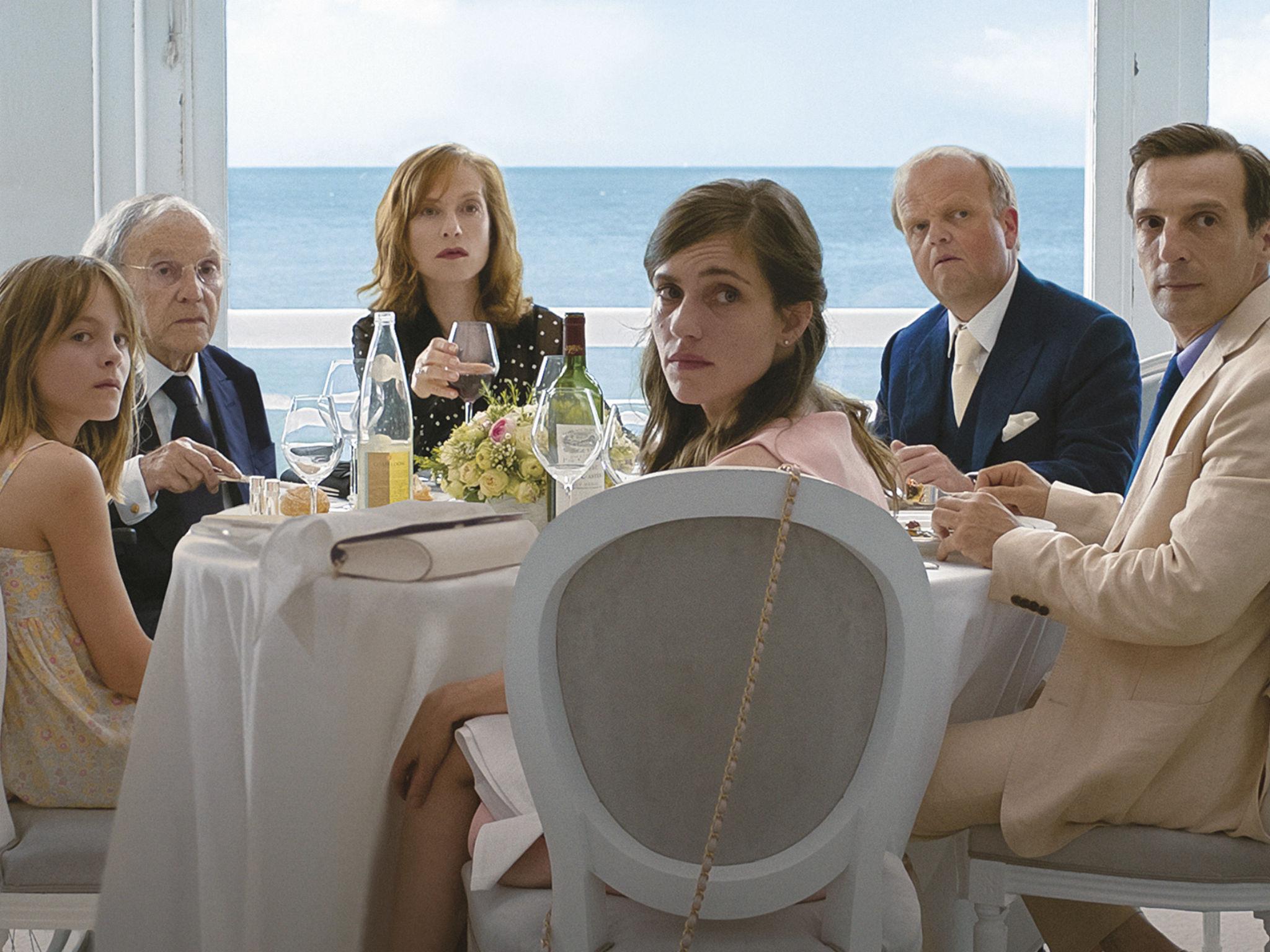
For a decade after he made La Haine in 1995, a film dubbed “The French Trainspotting”, any film directed by Kassovitz was an event, even though they never matched the success of the black-and-white crime drama. His 1997 serial killer film Assassin(s) played in competition at the Cannes Film Festival. The Crimson Rivers was an adaptation of the Jean-Christophe Grangé novel. His first English language film was Gothika, starring Halle Berry and Robert Downey Jr. His more recent films, Babylon AD and Rebellion, struggled to find audiences.
The reactions to these later films made Kassovitz question whether the effort to make a movie was really worth it. “To be a director now involves so many fights, so you don’t know if you are going to be in control of your movie. And even if you are in control, the movie is released on a Friday and it’s dead by Monday if it doesn’t have a huge box office. So you spend two years working on a movie and it’s only going to be seen by people who will watch it on Netflix and that doesn’t have the same energy.”
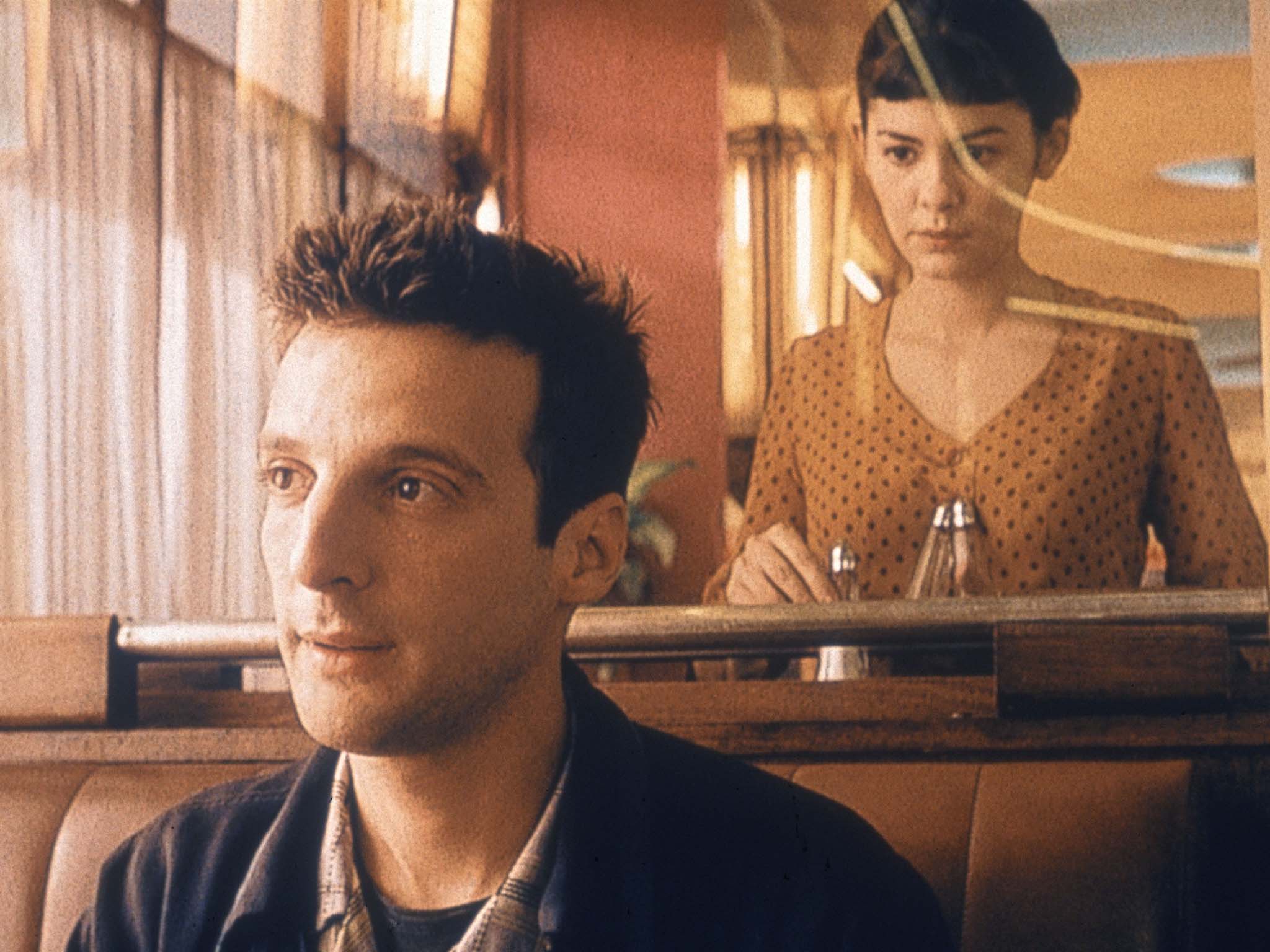
Luckily for Kassovitz he already had a Plan B. He has an impressive body of work as an actor, which includes playing a man who discovers his parents weren’t war heroes in Jacques Audiard’s A Self-Made Hero and playing Napoleon Bonaparte in the BBC adaptation of War and Peace. Kassovitz also played a Belgian explosives expert in Steven Spielberg’s 2005 film Munich, alongside Eric Bana and Geoffrey Rush. The best directors want to work with him; his latest role in Happy End is with the double Palme d’Or winner Michael Haneke.
Also, he points out that acting makes more financial sense than directing: “As an actor you can make five films a year and for each movie you are paid twice as much than if you were the director of one, and you don’t even have as much work to do. I did my job as a director, now some kids can do it. I don’t know how to be a revolutionary at 50. At 50 you should be rich and happy and have kids and keep doing movies, but you cannot have it at the same level.”
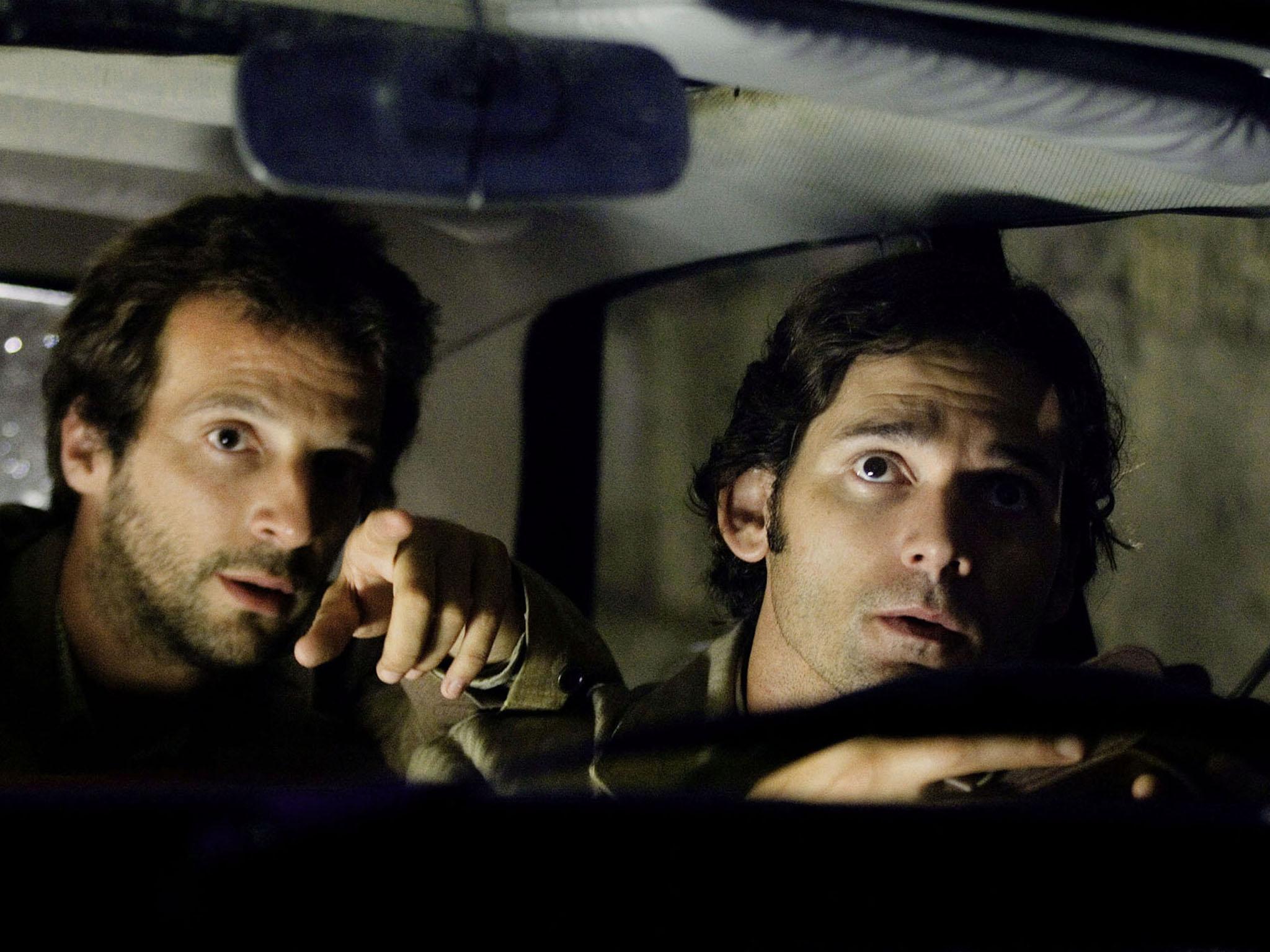
The trouble with having huge success early on in your career as an actor and director is that it’s always hard to live up to. La Haine won him Best Director at Cannes and won the César Award for Best Film. And in Amélie he’s starring opposite Tautou. But Kassovitz views these early successes as a gift rather than an albatross. “It’s not hard at all,” he opines. “You are very lucky when you get to be in movies that are part of culture. I’m blessed. The worst thing is to be an actor or director and not have a chance to be a part of something. So I’m lucky, and if you put these two movies together, La Haine and Amélie, then you get to see France. These two films represent the two sides of France.”
La Haine being the rough suburbs where the poor live and Amélie is centred on the chic area around the Canal St Martin that reinforces the notion of Paris as the romantic capital of the universe. It’s a heady mix and it seems that Kassovitz is often stuck somewhere in between. He wants to be down with the rough kids, but can’t run away from the fact that his parents were in the movie business. Nonetheless, he regales with a story that he used to break into cinemas as a child through the back door, as he couldn’t afford tickets to watch movies.
Haneke’s Happy End is the story of a dysfunctional family led by the elderly father Georges Laurent, who is suffering from dementia. He reluctantly is sharing his grand manor house in Calais with his twice-married son, Thomas (played by Kassovitz), the brother of Isabelle Huppert’s Anne. He is a complex character full of secrets and must integrate his 12-year-old daughter from his previous marriage into his family. Naturally, being a Haneke film, his family are conjoined by guilt and repression. Refugees from the Calais jungle are brought to a family wedding as a provocation. The family troubles and self-obsessions take priority over bigger concerns in the world as the ageing father contemplates suicide.
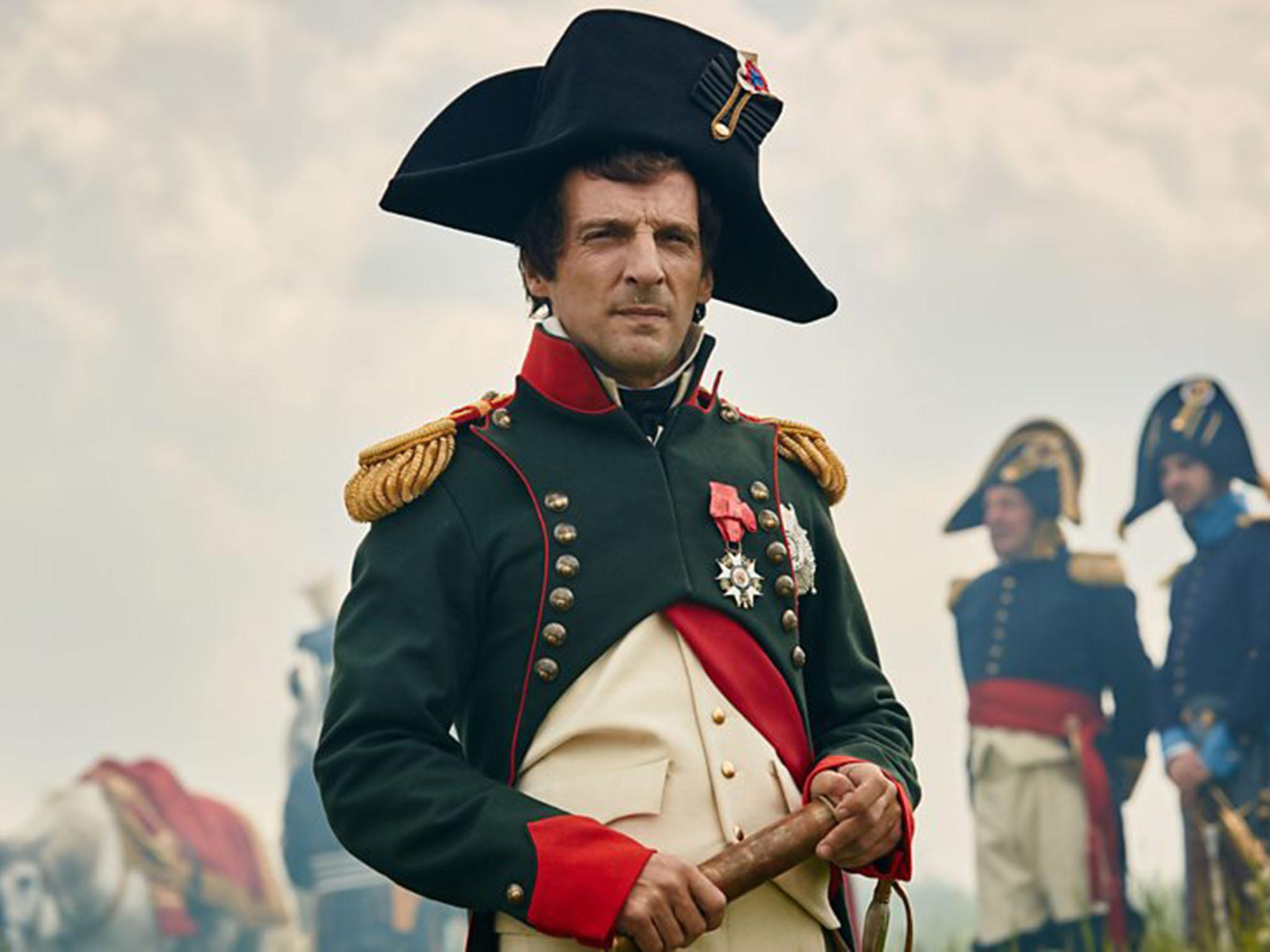
But it would not have mattered to Kassovitz what the role was: “Haneke is one of my mentors as a director since I was a kid, so when you get a call from him, you just go ‘oh shit’. Whatever he is going to ask you to do, you’re going to say yes.”
So if he were to decide to direct again in the future, was there anything he picked up from Haneke? Kassovitz doesn’t even think it’s worth trying. “His films are so specific and his way of working is so specific that it can only work for him. I worked with Steven Spielberg [in Munich] and because he makes more universal movies, I took things from him, but you cannot really mimic Haneke.”
Yet for all his talk about how difficult it is to direct a film these days, he does believe that we are about to enter a purple patch of films talking about the excesses of the world – Happy End takes on white privilege – because of the arrival of President Trump. “If the world was a functioning place, we wouldn’t have any political movies, there would be nothing to talk about. When you have social imbalance and injustice, and you see it every day in the news, that’s when you react. There is no better thing than a dictatorship to bring out creativity.”
His next film, Sparring, will see Kassovitz play a boxer. When I say an old one, the actor just replies, “Thanks,” before saying it’s inspired by an English journeyman boxer. “He had a hundred fights and he lost 80 of them, but he kept fighting, he was just a worker, he wanted to get his pay check.” Much like Kassovitz, the happy actor.
‘Happy End’ is out on 1 December
Join our commenting forum
Join thought-provoking conversations, follow other Independent readers and see their replies
Comments
Bookmark popover
Removed from bookmarks